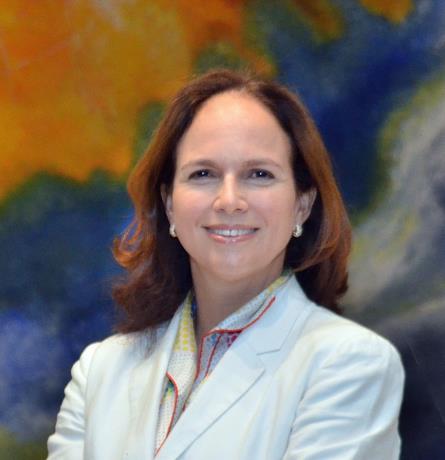It has been shown that improving access to credit for women promotes their economic empowerment and translates into savings and investment for their households, a key equation to accelerate the economic reactivation of a country.
But the financial inclusion of women in the Dominican Republic still presents great challenges. Currently, only 4.7% of the MSMEs registered in the country are led by women. Overall, it is estimated that there is a credit gap for women of approximately $1.2 million dollars. Most of it corresponds to access to commercial credit: for every RD$100 owed by a man for commercial purposes, the woman had a credit of less than RD$36 at the end of 2020.
All this, despite the fact that the country has experienced progress in access to other types of loans. Since 2013, the female consumer loan portfolio grew by nearly 3 percentage points as of December 2020 (from 43% to 45.7%), according to data from the Superintendence of Banks. Mortgage loans, on the other hand, and according to the same source, show a reduction in the gender gap between 2013-2020 of 4.6 percentage points in favor of women, standing today at 49.9%.
A study by IFC and Banco BHD León revealed that one of the main barriers to increasing credit is due to the fact that the financial institutions themselves are unaware of the needs and behaviors of this market segment, therefore, they have limited capacity to devise channels and products. that suit them.
For women, it is important that their relationship with a financial institution goes beyond a disbursement; non-financial services play a decisive role: the entity that can provide tools that help them grow and develop as entrepreneurs has a better chance of becoming a more attractive offer and a long-term ally. In order to respond to this need, financial institutions, including banks and microfinance institutions, have to overcome some operational and regulatory challenges and adopt innovative strategies and solutions based on best practices around the world.
This evolution occurs in a global market where women are playing an increasingly important role in business. An IFC report indicates that between 2012 and 2019, women in Latin America increased their participation in the economically active population (EAP) by 22%, compared to 8% for men. This trend is expected to continue over time. Therefore, facilitating access to financial services for women brings not only benefits to the financial industry, but also to the generation of more employment and the impulse towards economic growth in the Dominican Republic and the region.
–The author isIFC Resident Representative for the Dominican Republic.
